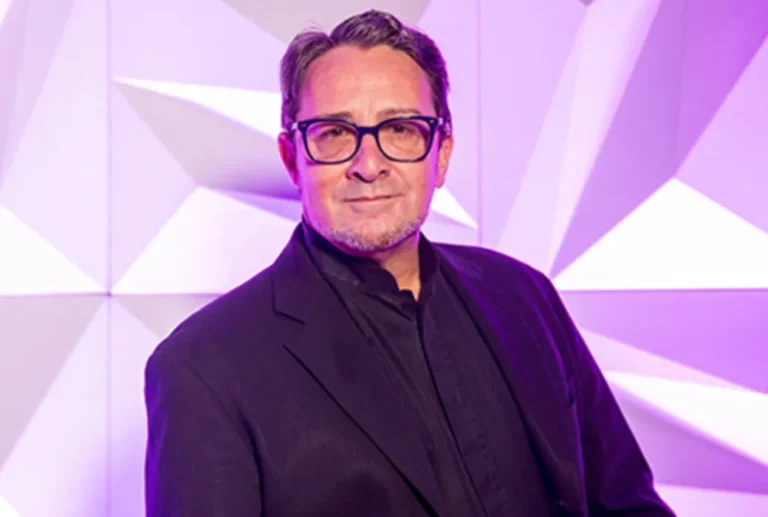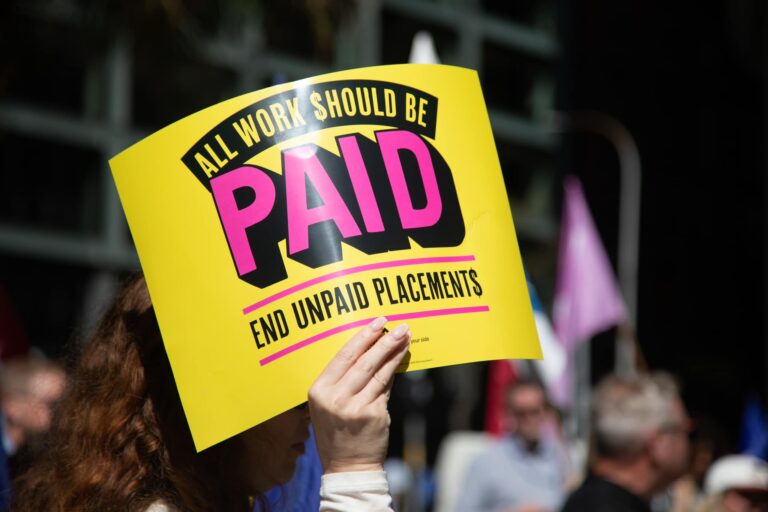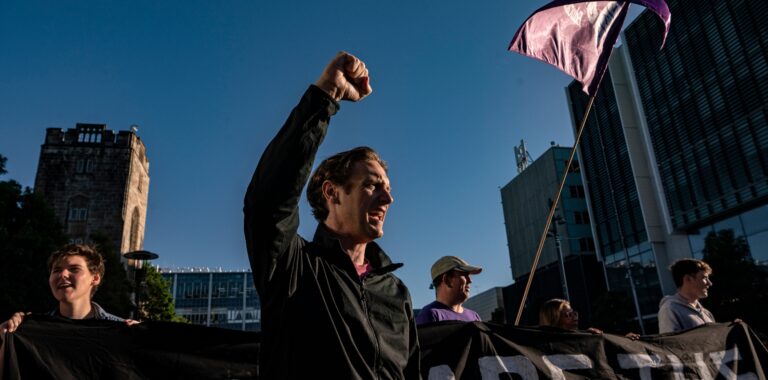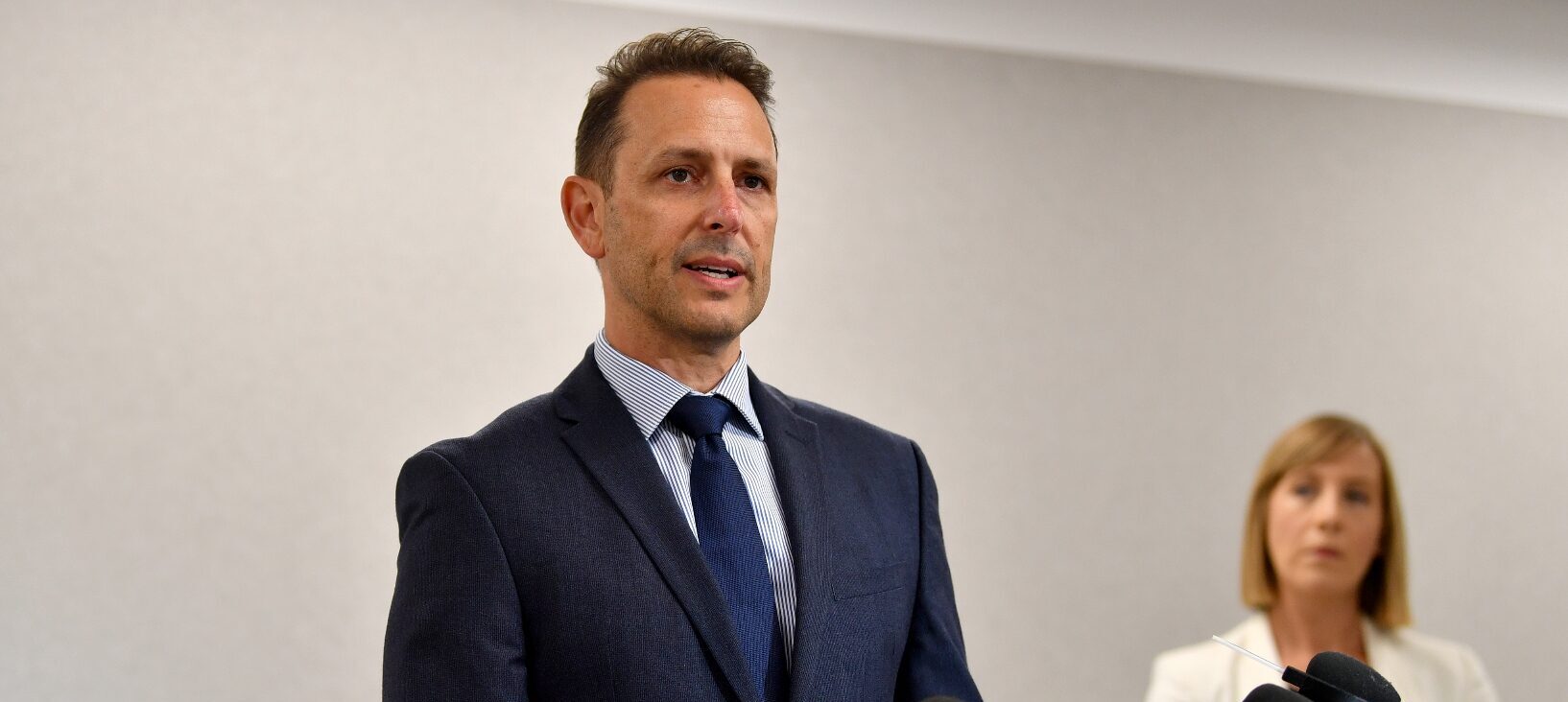
Climate of confusion?
BY ROGER HANNEY
Hot on the heels of Professor Ross Garnaut, Climate Change Minister Penny Wong recently delivered the Federal Green Paper on a Carbon Pollution Reduction Scheme (CPRS) for Australia.
With economic modeling due in October, followed by the CPRS White Paper in December, it is unclear what the 2010 introduction of this suite of policies will mean.
But with local industry crying bloody murder and local greens screaming bloody industry, John Connor ‘ CEO of the non-partisan Climate Institute ‘ is an uncharacteristically clear voice amidst the roar.
Framing this juncture as one rich in opportunity but in need of positivity, he recalls an observation once made by pollster Irving Solwick.
‘Australia rests on two tectonic plates. One is of self-interest/fear. The other is of great things in times of challenge,’ Mr Connor said.
‘How you play to those plates has been the dance of politics in the last couple of decades, and we’ve seen most of the action on that fear plate. We had hoped we’d moved to balance that, but I think that’s very much the challenge over the next couple of months.’
Albeit demanding, at least meeting this challenge won’t be complicated.
‘One industry person said to me, ‘The Green Paper’s something we get and then we thump the life out of until it turns white’.’
The task ahead of all who would now take it up is to see that some colour remains in the final version of the paper to be delivered by Kevin Rudd late this year. In this, there is hope.
By Mr Connor’s reckoning, the crux of Australia’s short term action must see climbing carbon emissions turned around and falling sharply from 2012 onward. In the medium term, the Rudd Government must set realistic and purposeful targets for 2020 or sooner.
Australia could then cast off the spectatorial Howard years, once more becoming a credible middle power in international negotiations ‘ particularly those in Copenhagen in 2009. This would also ready Australia for a world economy poised to leave us behind should we dawdle.
Paralleling the influence of individual nations since Kyoto, states and even cities have had surprising impacts on national paths to action. California is probably the most cited example, and with good reason.
Regulatory frameworks not necessarily dependent on carbon trading have created ‘one of the new hubs of energy investment and technology development, everything from nanosolar to bioreactors ‘ you name it, it’s happening somewhere out there in regions of the old Silicon Valley,’ Mr Connor said.
He sees similar possibilities for Australia if the government can prioritize economic effort, ‘getting the confidence back to direct markets rather than be directed by them.’
Given the urgency of the problem, Mr Connor expects that major private investment and initiatives will be key to any hope of recovery.
Paradoxically, he also frames any chance for global success as ‘one of the first acts of history to require solidarity with the poor.’
Wealthy nations historically responsible for the bulk of carbon pollution must help developing countries ‘ not only to face inevitable crises and advance their own methods of production, but to maintain the economic viability on which nations like Australia base their own prosperity when looking to regional partners.
In this way, just as climate change is marked by self-reinforcing mechanisms and exponential pollution effects, Mr Connor identifies action on climate change as a ‘solution multiplier’, whereby a complete approach will necessarily defuse a number of other critical environmental, social, and economic threats.
Does Connor see a role for ordinary citizens, beyond being overwhelmed’
‘Definitely, Sydneysiders can play a direct role in getting the mojo up for climate change action. Cities are the engines of economic growth, the decision-makers are there, and a lot of this is actually about seeing it and believing it,’ he said. ‘This is going to be one of the positive outcomes in this ‘ people are going to rediscover that they can have significance in this.
‘We are talking cultural change.’









